We are not content with just doing more of the same. We try to find our own way.

MoneyGram Haas F1 Team
In the high-pressure world of racing, speed, precision, and communication are paramount for MoneyGram Haas F1 Team.
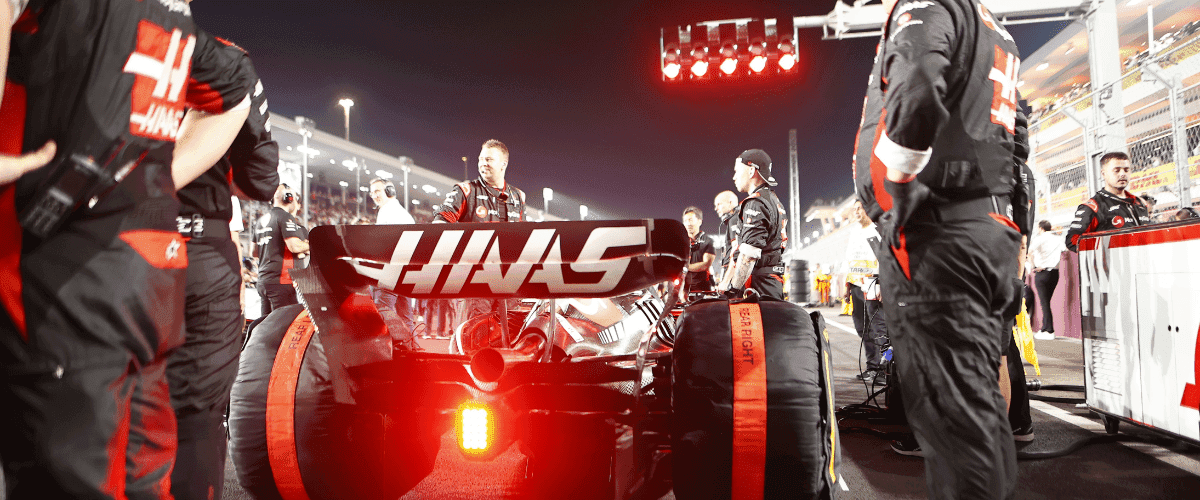
We use SafetyCulture for
Assets
Inspections
Training
You won’t find many industries that are faster-paced than racing. But that doesn’t just apply to the speed of the cars themselves. The entire racing operation — from managing the freight to stocking the team kits — needs to be streamlined, swift, and surefire.
That’s why SafetyCulture was thrilled to be the Official Race Partner of MoneyGram Haas F1 Team for the Las Vegas weekend event. It was the first time in 40 years Las Vegas has hosted a race, transforming the bustling streets of the Las Vegas Strip into a race track.
The race itself is an electrifying experience. But there’s a lot under the hood, so to speak, with pulling off this logistical feat — all of the travel, teamwork, communication, and equipment involved in getting the cars across the finish line.
For all of that, MoneyGram Haas F1 Team relies on the SafetyCulture platform to create a better way of working for the entire team so they can all do their part to fuel high performance both on and off the track.
MoneyGram Haas F1 Team: A deep history of improvement, innovation, and teamwork
“We are not content with just doing more of the same,” says Guenther Steiner, MoneyGram Haas F1 Team Principal. “We try to find our own way.”
That spirit of innovation and ingenuity runs deep, starting with the team’s founder, Gene Haas. He’s also the founder of Haas Automation Inc., the largest machine tool builder in the Western world. An engineer by trade, Gene constantly keeps an eye out for improvement opportunities — an ethos that’s ever-present on the Haas F1 Team.
“Taking on new challenges, that is what racing is about,” Guenther continues. “You always need to do something new or better or more to be competitive.”
With that in mind, the team knew they’d need to use advancing technology — specifically, SafetyCulture — to their advantage. That meant moving on from antiquated processes that were falling short.
“Before SafetyCulture, my role was very pen-and-paper based,” explains Maddie Weekley, the Team Operations Coordinator who oversees all of the drivers’ kits. “That’s a very labor-intensive process. It’s very manual.”
That tedious approach is also ripe with possibilities for error. “There’s always that potential of things getting missed,” says RTS Garage Technician, Ryan Cottee. “We’re only human and mistakes happen.”
The team needed processes and resources that were as cutting-edge as the racecars themselves. So, they implemented SafetyCulture to improve efficiency, consistency, and reliability.
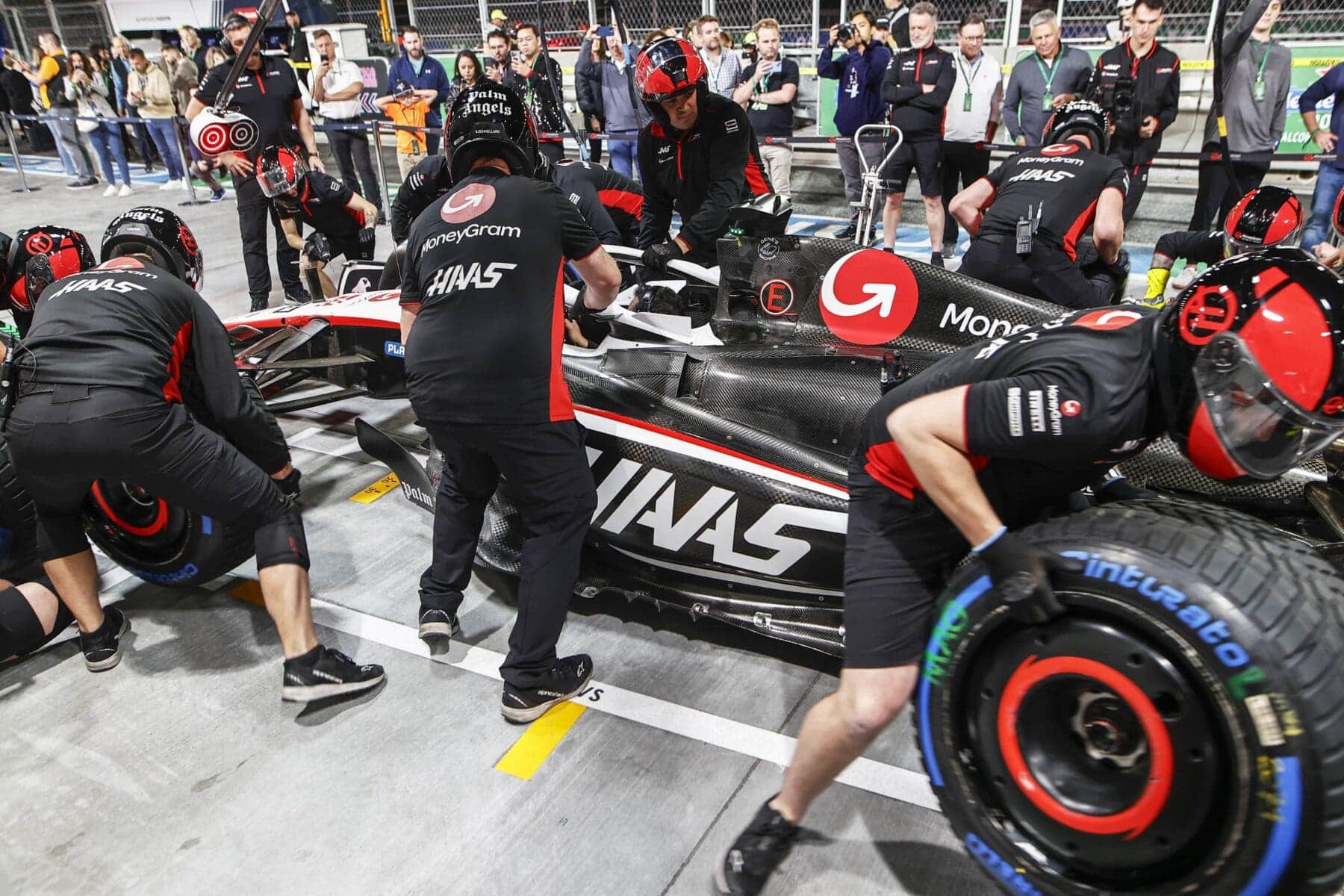

How MoneyGram Haas F1 Team uses SafetyCulture to simplify complex freight
Here’s one question most fans likely haven’t thought about during each race: How did the car get there?
Races happen all over the world, which means the cars — and all of the other necessary freight and equipment — need to get from locations like Sao Paulo to Las Vegas to Abu Dhabi in the span of only a few weeks. That involves a lot of planning and coordination.
“It’s not just two hours on a Sunday afternoon,” says Pete Wright, Team Operations Leader for MoneyGram Haas F1 Team. “It’s all this planning that goes into it months and months and months in advance.”
Pete’s team isn’t just responsible for making sure the freight arrives in the first place — it also needs to arrive both safely and on time. “Because if we don’t get it there on time, unfortunately, we don’t go racing,” he adds.
Shipping large items through numerous different countries is complex, particularly when you factor in all of the different customs authorities. That’s why thorough training is so paramount on Pete’s team so that every single person understands the customs processes in all of the race locations and can plan accordingly.
To make sure everybody is up to speed on those details, Pete relies heavily on Training in the SafetyCulture platform to confirm that everybody on his team has completed the relevant training and that every team member is compliant.
On top of team training, they also use the platform to complete their inspections and proactively resolve any issues. “And then we can send our freight around the world,” he says. “Having this platform makes our lives in logistics so much easier.”
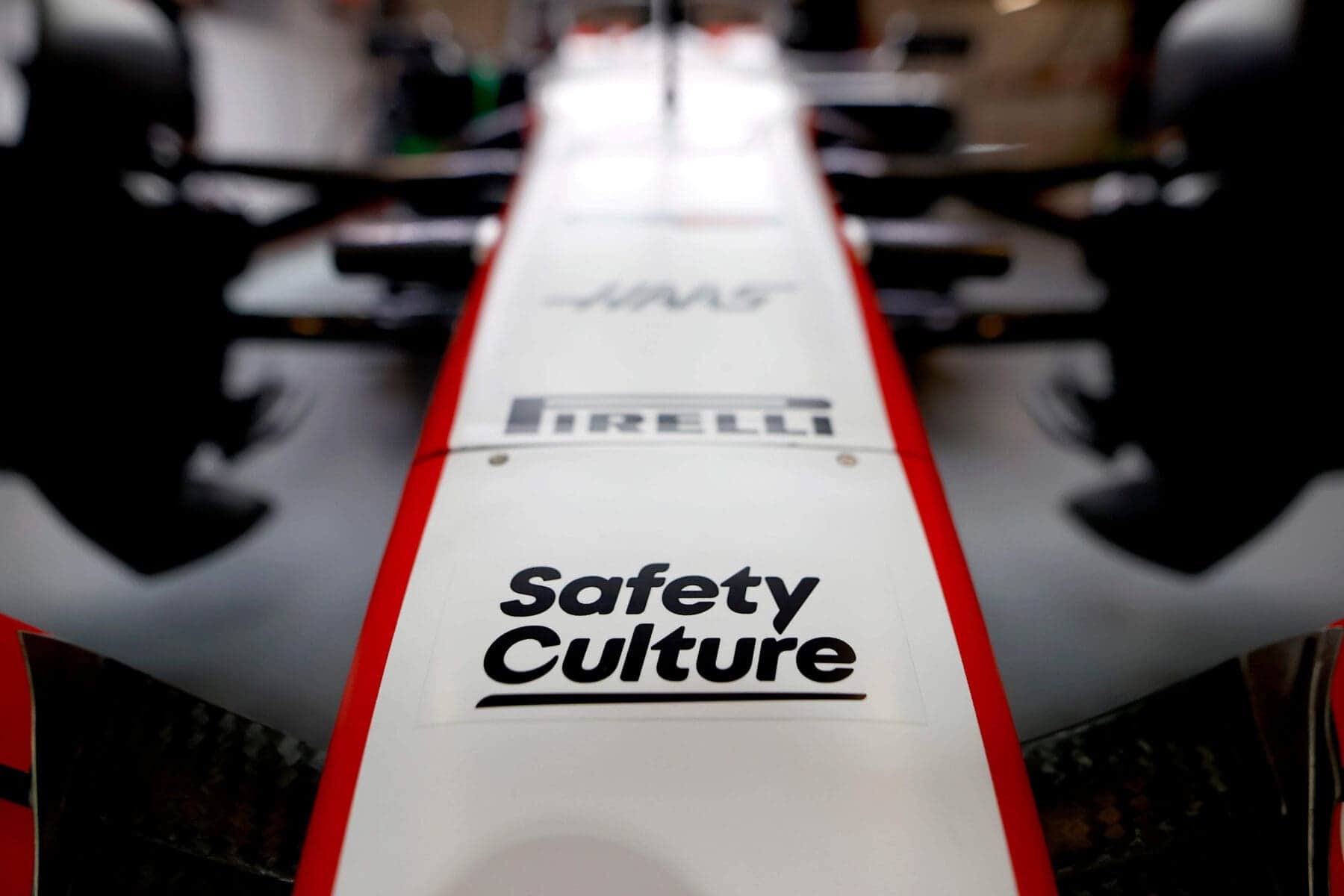
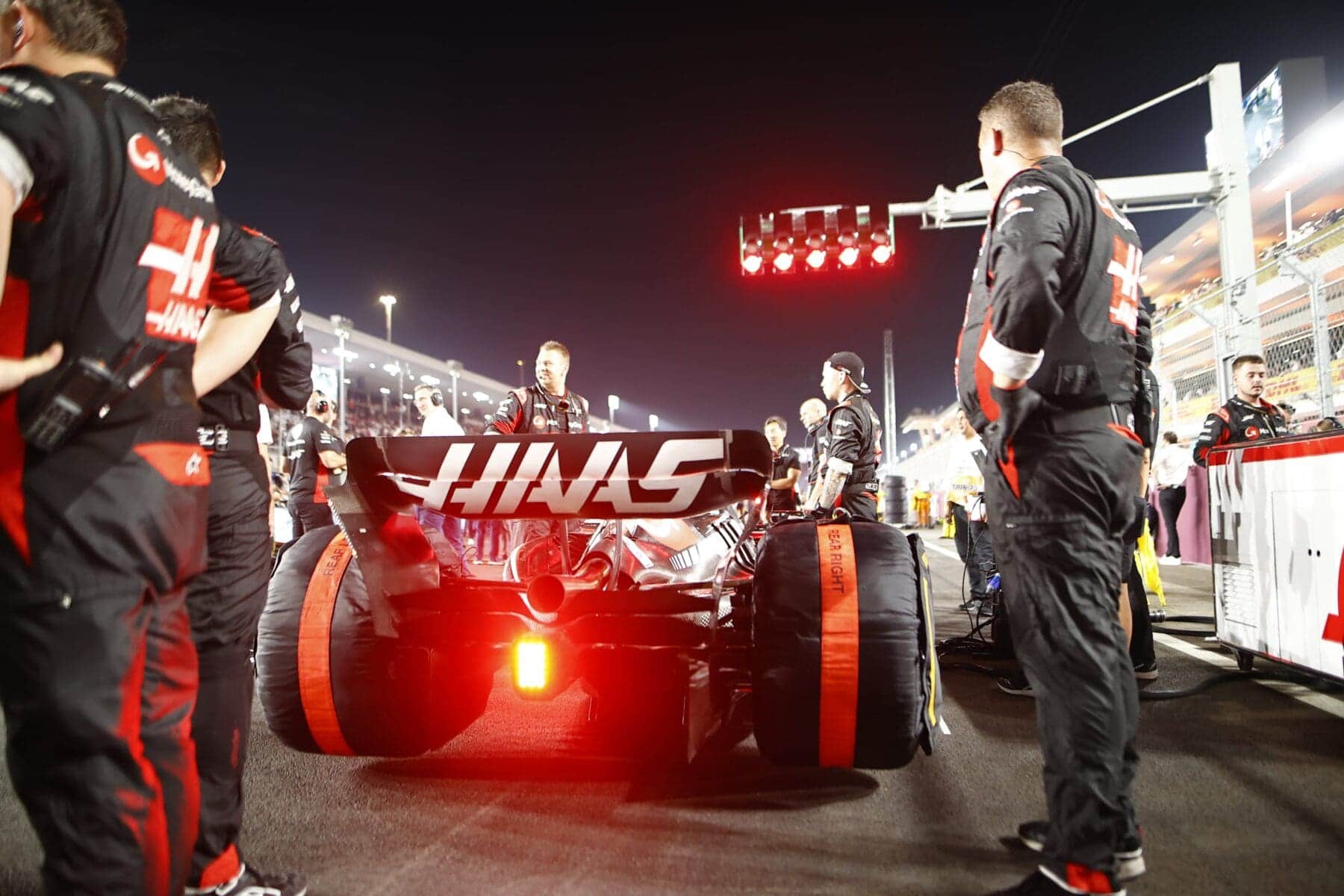
Using SafetyCulture to stock and inspect drivers’ kits
Most race fans pay attention to the car, but the driver needs more than just that lightning-fast machine to make it around the track with both speed and safety.
They have their fireproof underwear, driving suit, HANS device to protect their neck, boots, gloves, and helmet. And without a single one of those items, they can’t get behind the wheel.
That’s where Maddie and her team come into play. They focus on making sure that everybody has everything they need so that they’re set up for high performance ahead of every race.
“There’s a lot of risk if I get my role wrong,” she says. “It just makes [my] role even more crucial.”
Much like the cars themselves, these driver kits need to be inspected, re-stocked, and transported around the world. To make this process easier and more consistent, Maddie and her team use Inspections within SafetyCulture to double-check the kits and make sure they’re ready for every race weekend.
“SafetyCulture has improved my ways of working because I can digitally input everything that I’m sending off,” she explains. “And then when my colleague receives that overseas, she’s got the reassurance that I packed everything that she needs to send the drivers out on track.”
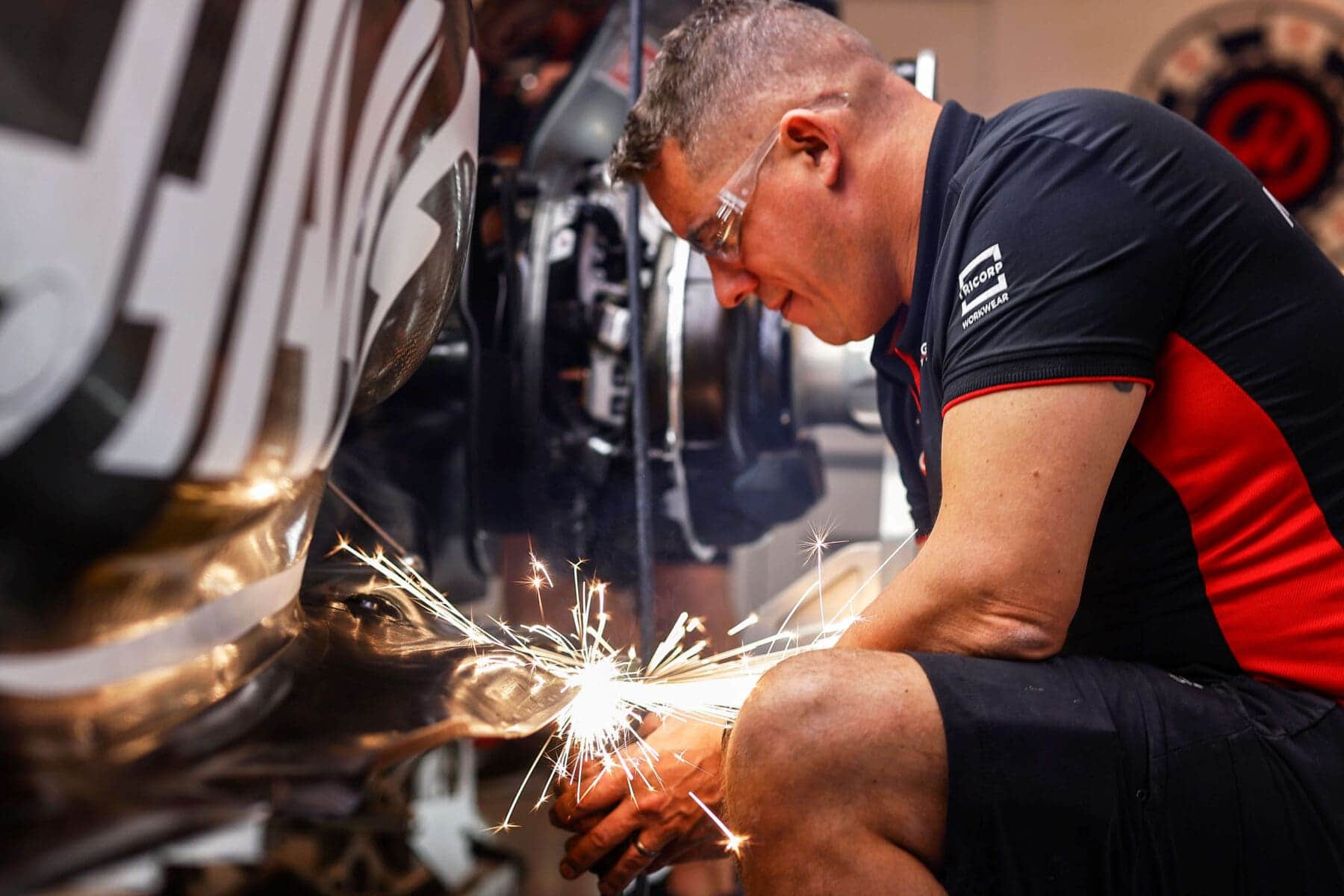
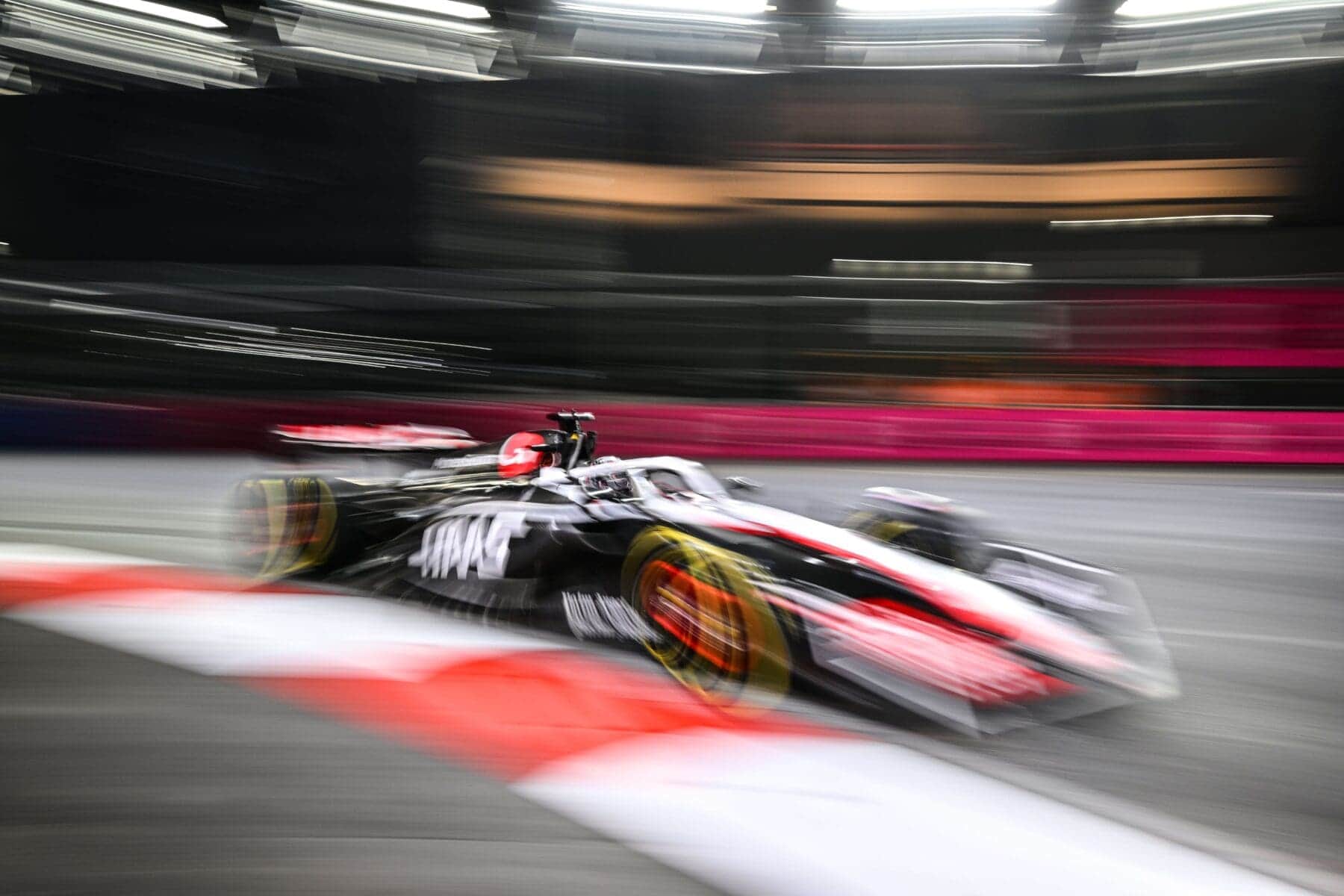
Building a well-oiled machine: Fueling better visibility with SafetyCulture
The sport of racing isn’t just a feat of athleticism — it’s a feat of engineering. Every single car is made of thousands and thousands of parts, each of which requires constant maintenance and monitoring.
“We have a 100% effort in to ensure that everything that has come back has been completely serviced, checked, and is ready to go out and put on a show in Las Vegas,” Ryan says.
“Being able to track every single part and its life and its service history is paramount,” Ryan explains, noting that the team used an arbitrary system previously. “If you wanted to find out where a part was, you’d have to go kind of hunt for it.”
In that way, the SafetyCulture platform has been a game-changer. Ryan’s team uses Assets within the software, setting up each car as a unique Asset so they can account for and manage every last part. Doing so means everybody can see and build a shared understanding of quite literally every last nut and bolt of the car.
“Everybody from the mechanics all the way up to the team principal can have full visibility into the car,” he continues. “Everybody’s got access to everything and it’s brilliant.”
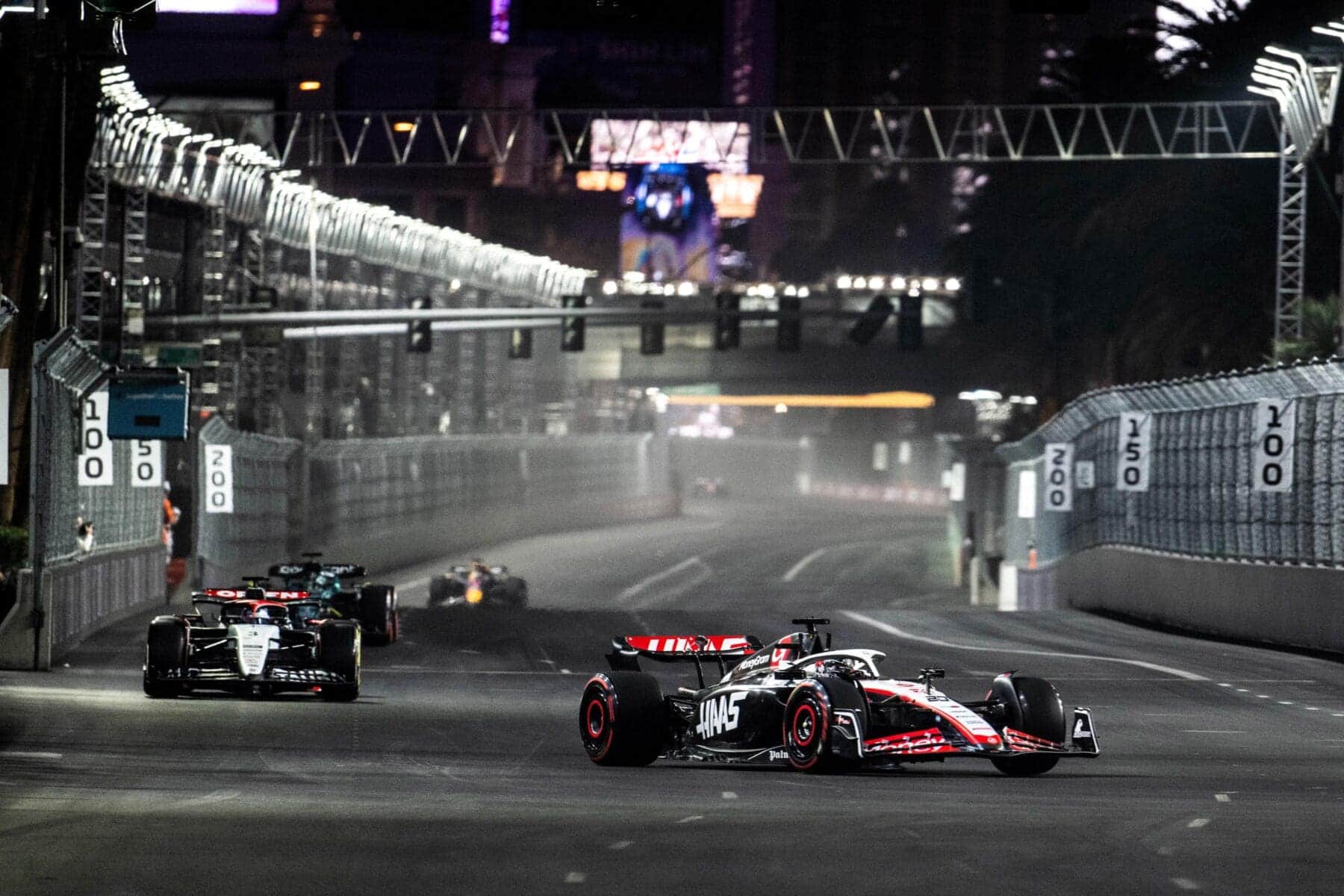
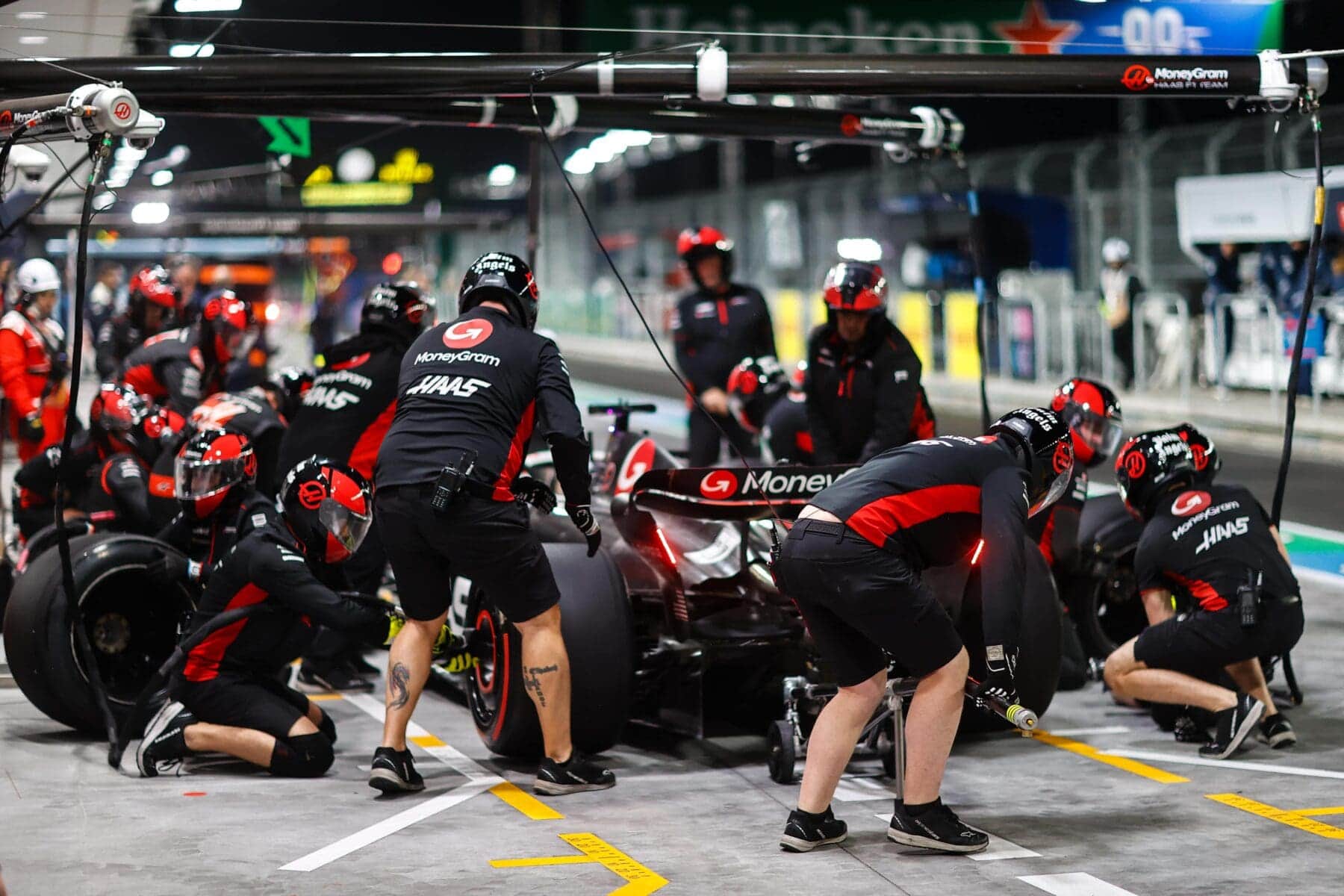
With Assets, everybody from the mechanics all the way up to the team principal can have full visibility into the car. Everybody’s got access to everything and it’s brilliant.
Lights out and away we go: SafetyCulture presses the gas on a better way of working
The high-pressure world of racing isn’t just about speed — it’s also about planning, preparation, and adequate communication. While the driver is the only one tearing around the track, there are hundreds of employees involved in getting him across the finish line.
“It’s about the team,” Guenther says. “Everybody is responsible for the performance. Engineering, the race team, logistics.”
And any high-performing team needs the right tools, which is why MoneyGram Haas F1 Team relies on SafetyCulture.
“The technology of SafetyCulture helps us because we can get organized better and we can trace stuff we did, ” Guenther concludes. “Without technology, we couldn’t work at the level we are working at.”
More customer stories


Trackhouse Racing
As Trackhouse Racing becomes a NASCAR powerhouse, here’s how they’re leaning on SafetyCulture to help turn data into speed on and off the track.

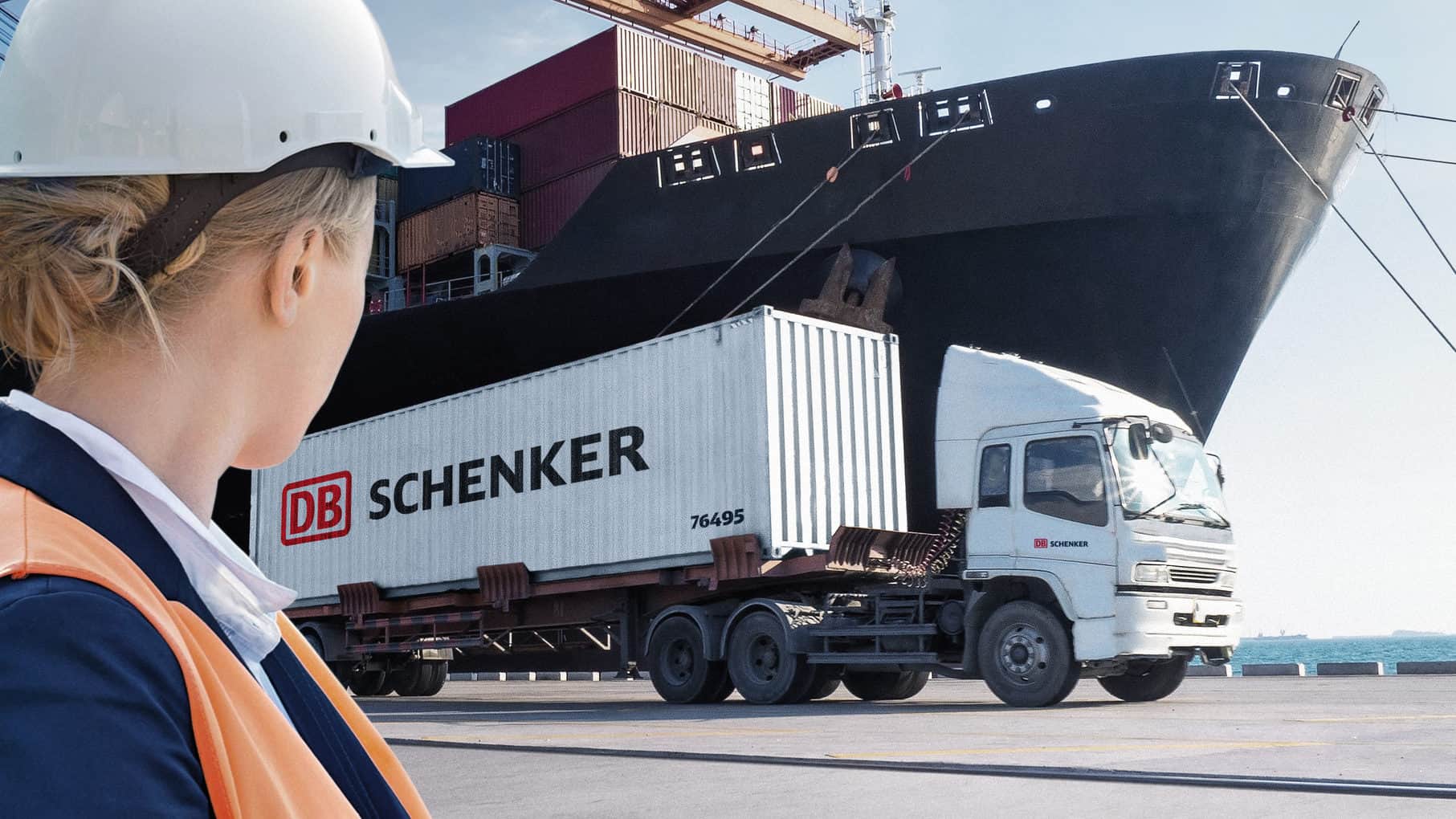
DB Schenker
How DB Schenker rewrote the playbook on their frontline health, safety and quality communications strategy with Heads Up in SafetyCulture.

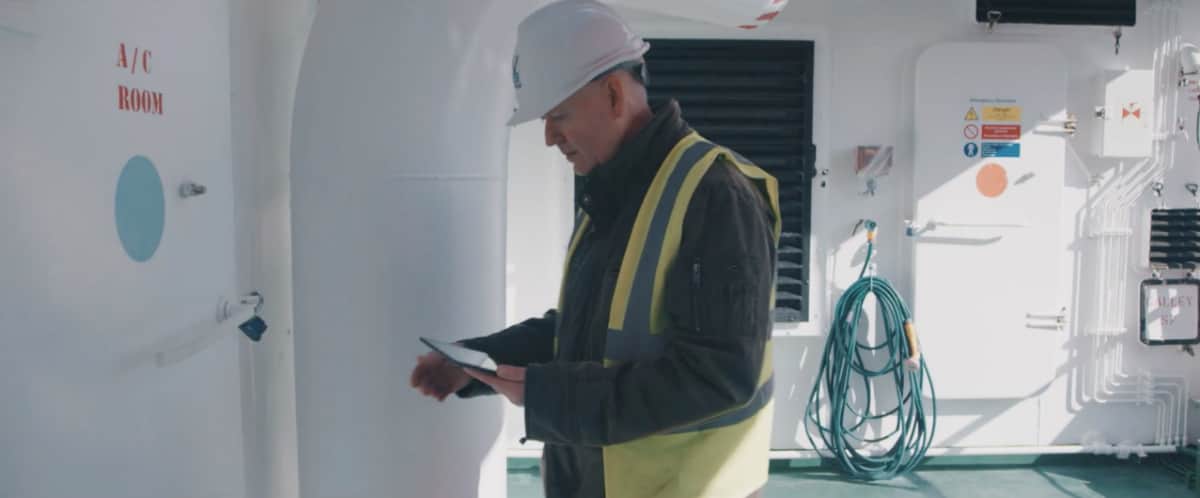
VROON: An International Shipping Company
VROON manages vessel inspections across a fleet of 170 vessels with SafetyCulture.
Looking for more inspiration?
Explore more stories, expert guides, and thought leadership from SafetyCulture



